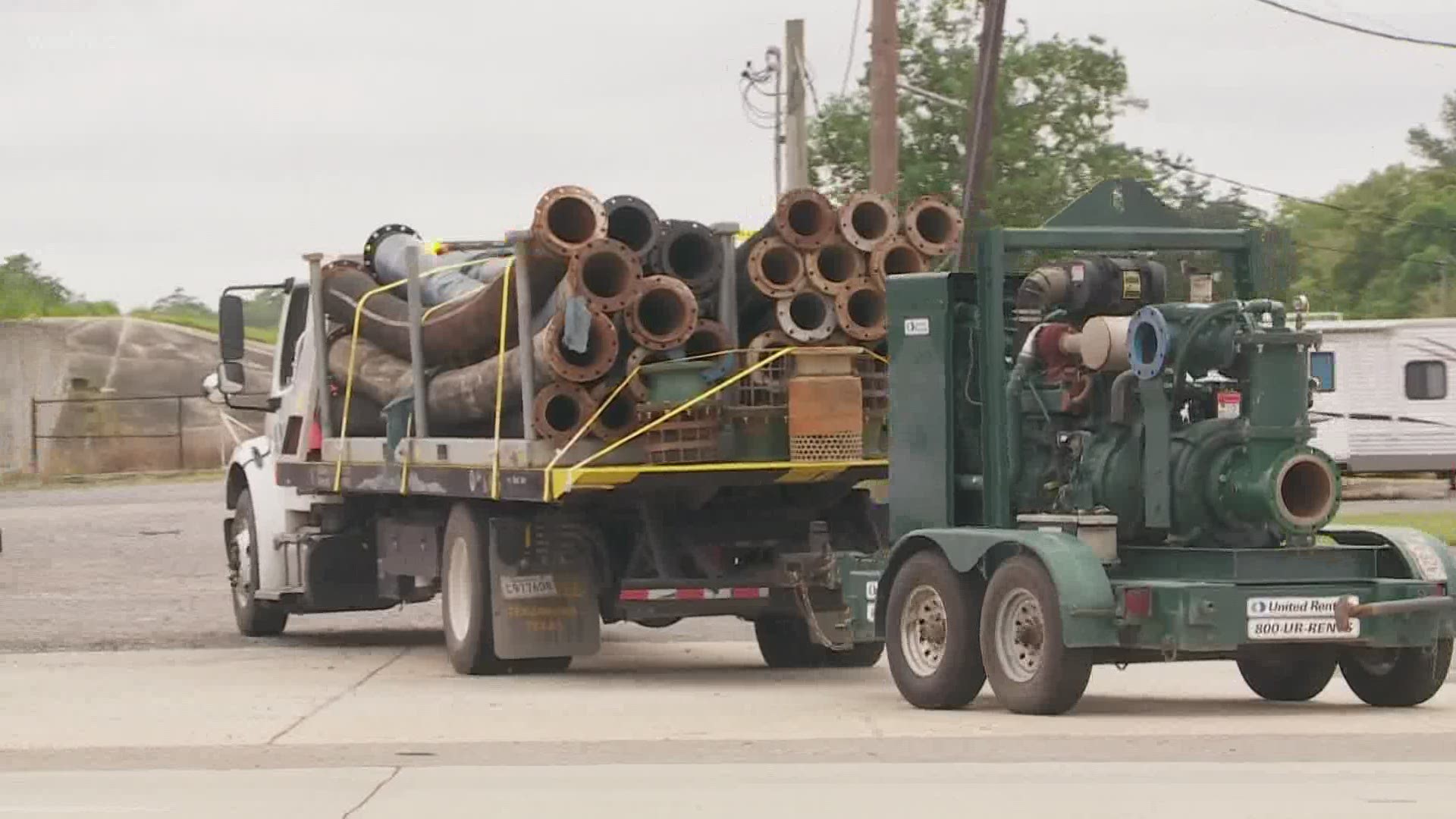NEW ORLEANS — Having braced for Hurricane Sally, few people in Plaquemines Parish want to consider another potential storm in the Gulf of Mexico.
“I don’t want to think about it right now, hopefully it just goes away,” said Wilkie Declouet.
Ahead of Hurricane Sally, Declouet and roughly 5,000 people were under a mandatory evacuation order. He lives in Ironton, on the west bank of Plaquemines. He lost his first home during Katrina and then rebuilt. He’s familiar with evacuations, but says it can be emotionally taxing.
“You can’t sleep, it’s the uncertainty, not knowing where the storm is going, not knowing what kind of damage, what kind of category the storm is going to be. This last one was just sitting there just swirling around,” Declouet said.
Declouet evacuated for what many initially thought would be a direct hit from Sally, but the storm shifted east. Those preparations take a toll on people’s nerves, but also on the emergency fund in Plaquemines Parish.
“We have minimal resources, and I’m not afraid to say that. We are down with our personnel, and we have to cover a lot of ground with less personnel,” Plaquemines Parish President Kirk Lepine said.
Lepine says between the buildup for tropical storm Marco, Hurricane Laura, Sally and the ongoing response to COVID-19, the parish emergency fund is around $3 million when it should be at $5 million. Staffing and staging for storms, even for ones that don’t hit, takes money.
Lepine says if another storm threatens, they’ll prepare again regardless of what’s left in the emergency fund.
“I look at the Atlantic and all I see is dots of storms coming and then I look down at the Bay of Campeche and I see something else. That has me worried,” Lepine said.
This historic hurricane season is proving that storms can make an impact even when they don’t come to your shore.
► Get breaking news from your neighborhood delivered directly to you by downloading the new FREE WWL-TV News app now in the IOS App Store or Google Play.

